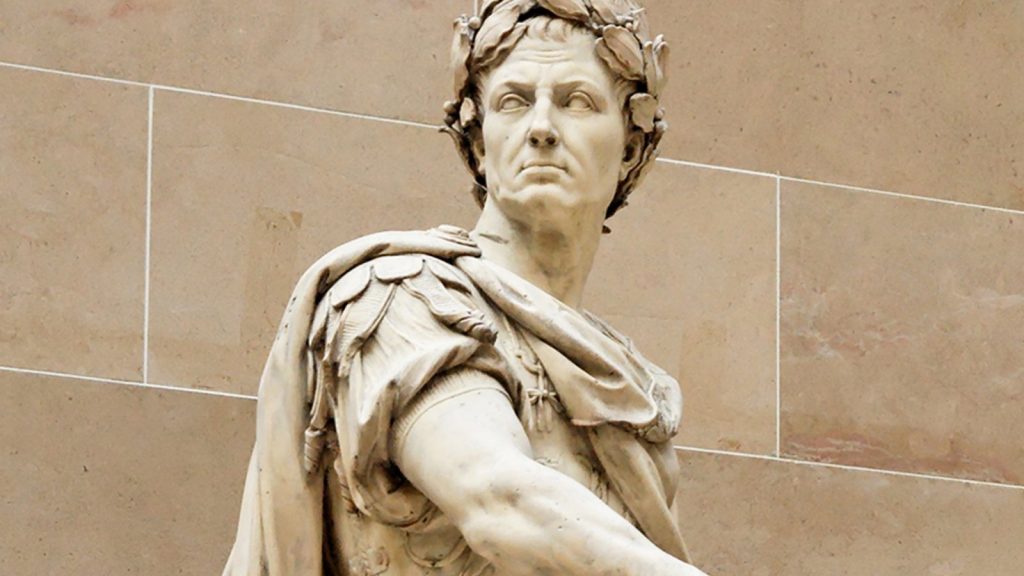Betrayal is a central theme in the life and legacy of Julius Caesar, the famed Roman general, statesman, and dictator. Throughout his illustrious career, Caesar faced numerous betrayals, both personal and political, that ultimately shaped the course of his life and the fate of the Roman Republic. From close allies turning against him to conspiracies within his inner circle, the story of Julius Caesar is a tale of ambition, power, and the treachery that often accompanies it.
One of the most famous instances of betrayal in Caesar's life occurred on the Ides of March in 44 BC when he was assassinated by a group of senators led by his close friend and protege, Marcus Brutus. This betrayal, immortalized by William Shakespeare in his play "Julius Caesar," has become synonymous with treachery and political intrigue.
But the betrayal of Caesar did not begin or end with the Ides of March. Throughout his rise to power, Caesar faced opposition and betrayal from various quarters. One of the earliest examples occurred in 59 BC when Caesar formed the First Triumvirate, a political alliance with Pompey the Great and Marcus Licinius Crassus. Despite their initial cooperation, Pompey and Crassus eventually turned against Caesar, leading to civil war and the eventual downfall of the Republic.
Another instance of betrayal came from within Caesar's own family. His niece, Atia, and her son, Octavian (later known as Emperor Augustus), initially supported Caesar's political ambitions. However, after Caesar's assassination, Octavian seized power and waged a propaganda campaign against his uncle's assassins, portraying himself as the rightful heir to Caesar's legacy.
Caesar's military campaigns also exposed him to betrayal from his own soldiers and allies. During his conquest of Gaul, Caesar faced numerous challenges from rebellious tribes and disloyal commanders, including Vercingetorix, who famously revolted against Roman rule. Despite these setbacks, Caesar ultimately emerged victorious, solidifying his reputation as one of history's greatest military commanders.
Even in death, Caesar's legacy was not immune to betrayal. Following his assassination, his supporters sought vengeance against his assassins, sparking a series of civil wars that ultimately led to the rise of the Roman Empire and the end of the Republic. In the ensuing power struggle, Caesar's memory was invoked by both sides, with some seeking to avenge his death while others sought to exploit his legacy for their own gain.
The story of Julius Caesar is rife with tales of betrayal, both personal and political. From the treachery of close allies to the schemes of ambitious rivals, Caesar faced numerous challenges throughout his life, ultimately meeting his demise at the hands of those he once trusted. Yet, despite the betrayals he endured, Caesar's legacy endures as one of the most influential figures in history, forever shaping the course of Western civilization.




